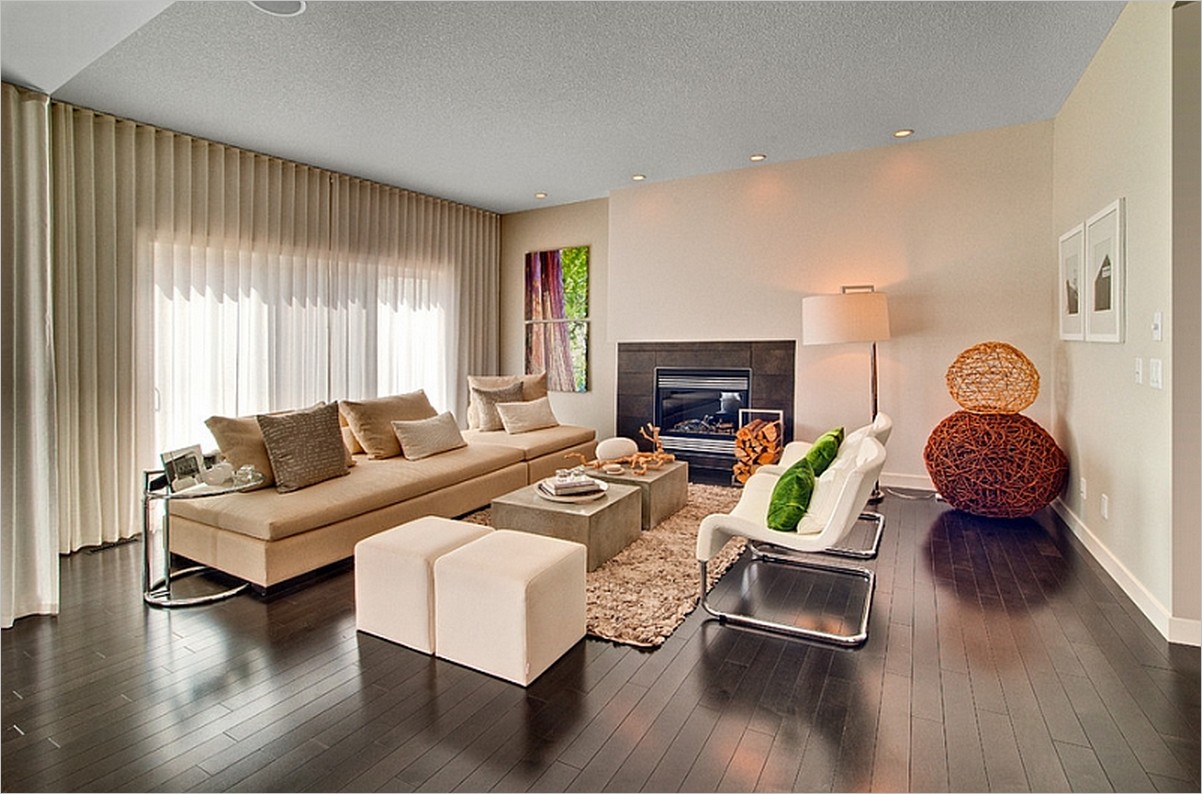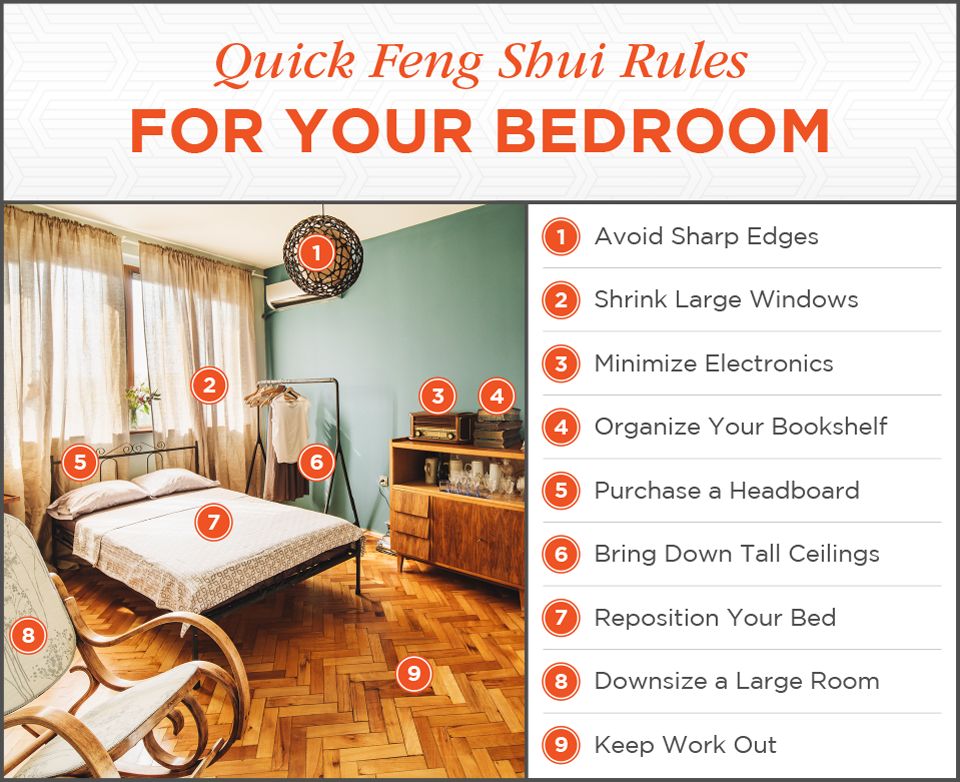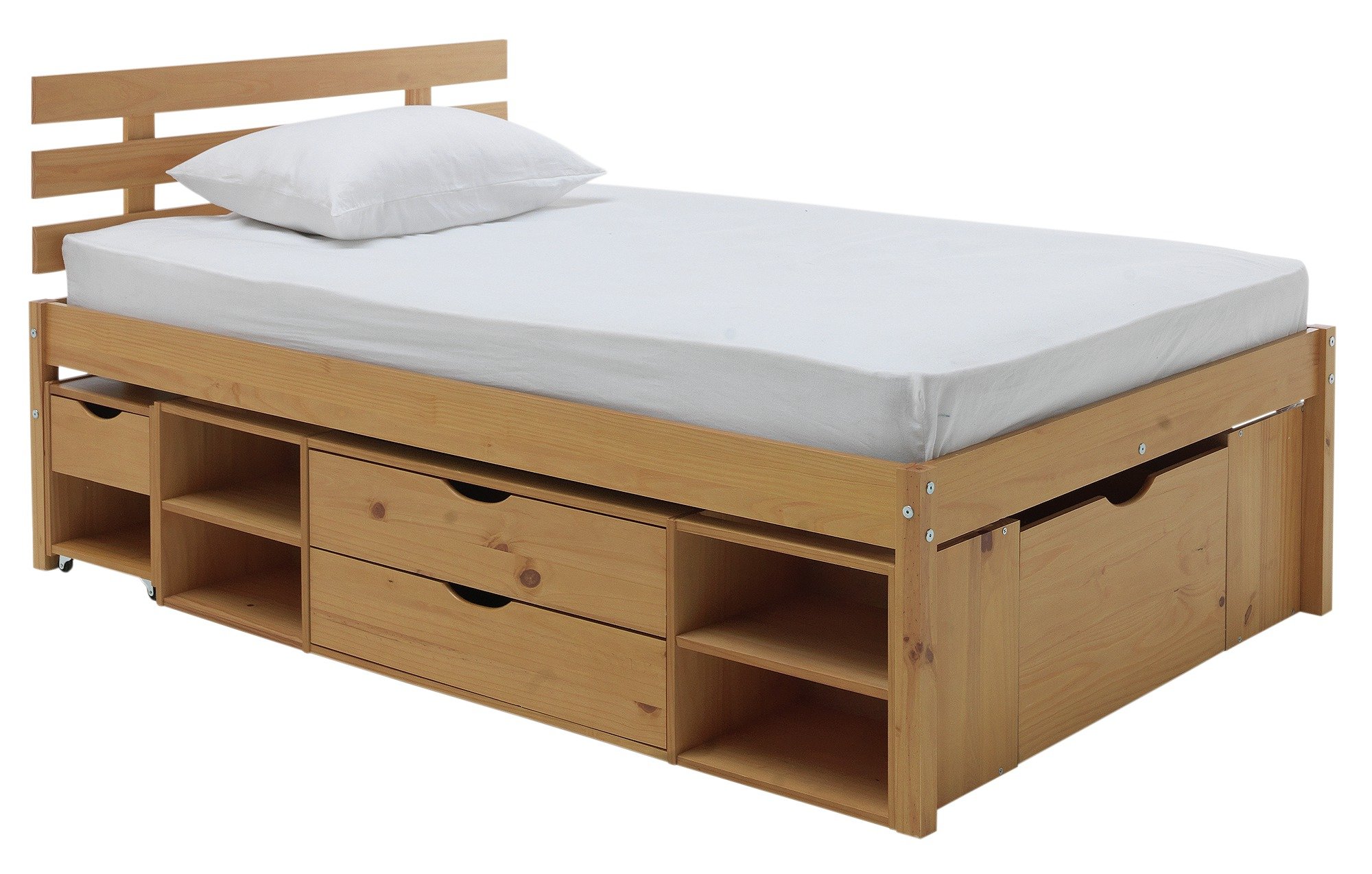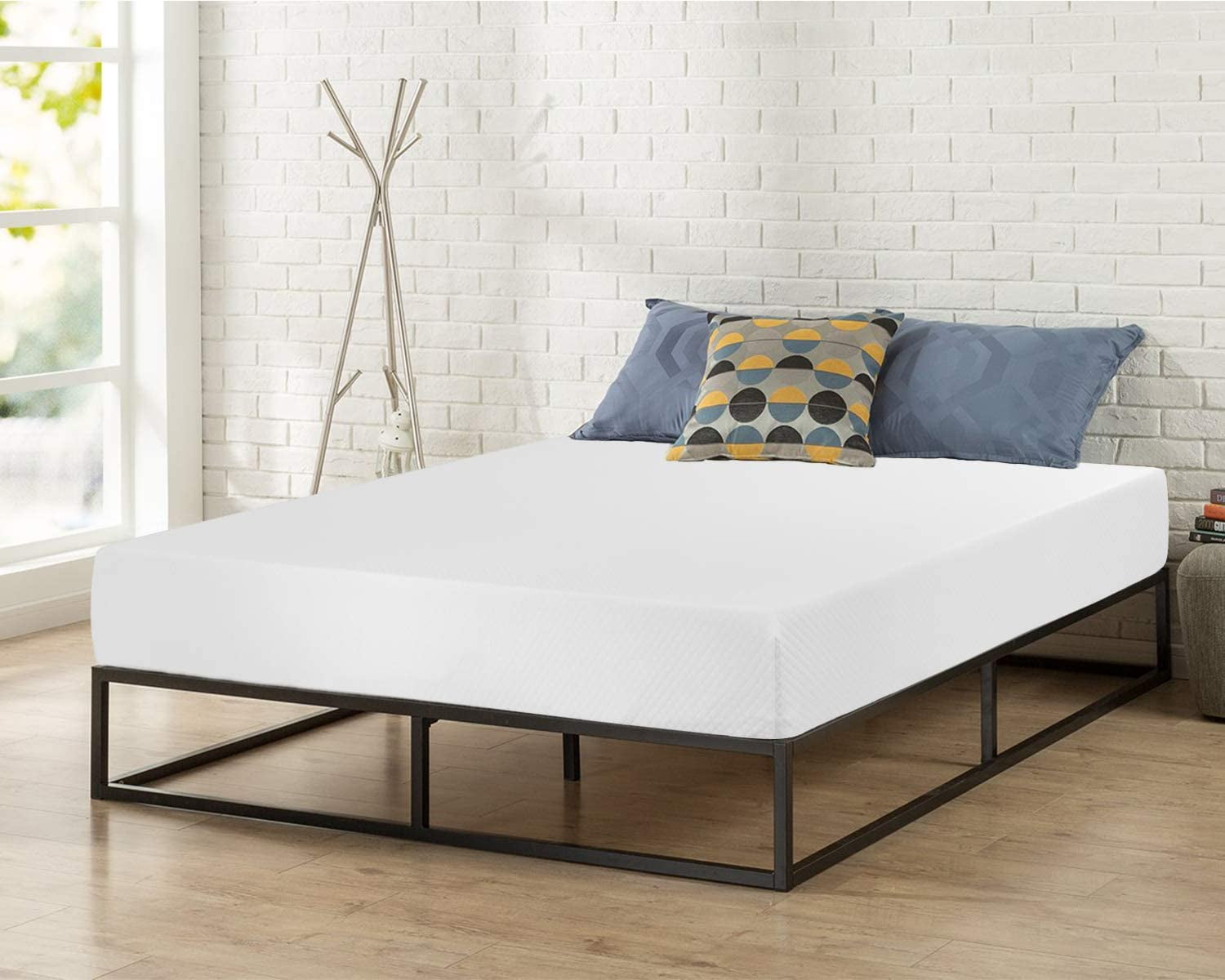Are you considering sleeping in your living room but worried about disrupting the flow of good energy in your home? According to Feng Shui principles, the living room is typically a space for socializing and relaxation, not for sleeping. However, if you have limited space or are temporarily staying in someone else's home, you may find yourself sleeping in the living room. The good news is that with a few simple Feng Shui tips, you can create a peaceful and harmonious sleeping space in your living room.Feng Shui Tips for Sleeping in the Living Room
Creating a bedroom in your living room may seem like a daunting task, but with the right Feng Shui techniques, it can be done easily. First, you want to designate a specific area in your living room for sleeping. This could be a corner, a nook, or even just a specific spot on the floor. Once you have chosen your sleeping area, make sure it is clean and clutter-free. This will help create a clear and calm energy flow in the space.How to Create a Bedroom in Your Living Room Using Feng Shui
Many people wonder if it is bad Feng Shui to sleep in the living room, and the answer is not a simple yes or no. It ultimately depends on the layout and energy flow of your living room. If your living room is well-organized and has good energy flow, sleeping in it can actually bring balance and harmony to your home. However, if the living room is cluttered or has negative energy, it can disrupt your sleep and overall well-being.Sleeping in the Living Room: Good or Bad Feng Shui?
If you have no choice but to sleep in your living room, there are a few Feng Shui solutions you can implement to create a peaceful sleeping space. First, make sure your sleeping area is not directly facing a door or window. This can disrupt your sleep and cause negative energy to enter the space. You can also use room dividers or curtains to create a sense of privacy and separation from the rest of the living room.Feng Shui Solutions for Sleeping in the Living Room
When it comes to sleeping in the living room, there are certain dos and don'ts to keep in mind. Do make sure your sleeping area is clean and clutter-free. Do use calming colors and soft lighting to create a peaceful atmosphere. Don't sleep directly under a beam or heavy object as this can create a feeling of pressure and disrupt your sleep. Don't use electronic devices in your sleeping area as they can emit negative energy and disturb your sleep cycle.The Dos and Don'ts of Sleeping in the Living Room According to Feng Shui
Creating a good Feng Shui bedroom layout in your living room is essential for a restful sleep. The best position for your bed is against a solid wall, with a clear view of the door. This allows for a sense of security and control over your sleeping space. Avoid placing your bed in line with the door or under a window, as this can create a feeling of vulnerability and disrupt your sleep.Feng Shui Bedroom Layout for Sleeping in the Living Room
To maximize positive energy when sleeping in the living room, it is essential to create a sense of balance and harmony in the space. This can be achieved by incorporating elements of nature into your sleeping area, such as plants or crystals. You can also use essential oils or incense to purify the energy in the room and create a relaxing atmosphere.How to Maximize Positive Energy When Sleeping in the Living Room with Feng Shui
Believe it or not, your sleeping position can also affect the flow of energy in your living room. According to Feng Shui, the best sleeping position is with your head facing north or east. This allows for a better connection with the Earth's magnetic field and promotes a sense of calm and security. Avoid sleeping with your feet facing the door as this can disrupt the energy flow and cause restlessness.The Best Sleeping Positions for Good Feng Shui in the Living Room
Creating a peaceful sleeping space in your living room is all about creating a sense of balance and harmony. You can achieve this by incorporating calming elements, such as soft colors, natural materials, and soothing scents. It is also important to keep your sleeping area clean and clutter-free to promote a clear and positive energy flow.Feng Shui Tips for Creating a Peaceful Sleeping Space in the Living Room
Proper lighting is crucial for good Feng Shui in any space, but it is especially important when sleeping in the living room. First, make sure to cover any windows or install blackout curtains to create a dark and peaceful sleeping environment. You can also use soft, ambient lighting to create a calming atmosphere. Avoid harsh or bright lights, as they can disrupt your sleep and create a feeling of restlessness. In conclusion, sleeping in the living room can be a challenge, but with the right Feng Shui techniques, you can create a peaceful and harmonious sleeping space. Remember to keep your sleeping area clean and clutter-free, use calming elements, and pay attention to the energy flow in the room. With these tips, you can enjoy a restful night's sleep in your living room without disrupting the good energy in your home.The Importance of Proper Lighting When Sleeping in the Living Room According to Feng Shui
Why Sleeping In the Living Room Can Improve Your Feng Shui

The Concept of Feng Shui
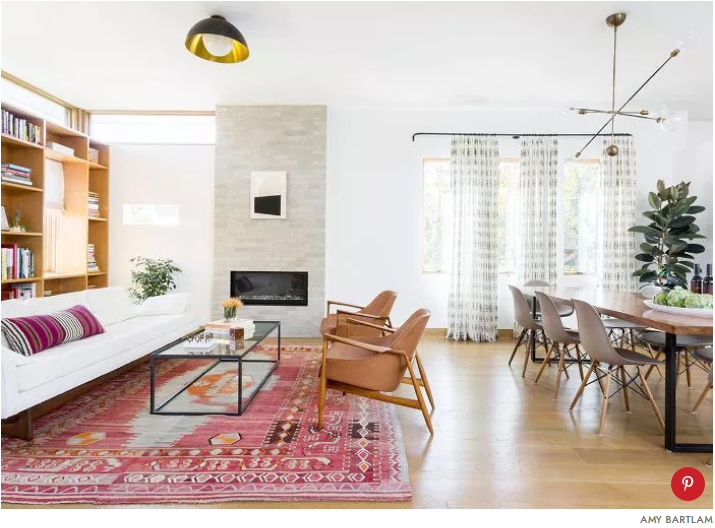 Feng Shui, the ancient Chinese practice of creating harmonious and balanced environments, has gained popularity in recent years as a way to improve the energy flow in our homes. According to Feng Shui principles, the layout and design of our living spaces can have a significant impact on our physical and mental well-being. One area that is often overlooked when it comes to Feng Shui is the living room, specifically the idea of sleeping in this space.
Feng Shui, the ancient Chinese practice of creating harmonious and balanced environments, has gained popularity in recent years as a way to improve the energy flow in our homes. According to Feng Shui principles, the layout and design of our living spaces can have a significant impact on our physical and mental well-being. One area that is often overlooked when it comes to Feng Shui is the living room, specifically the idea of sleeping in this space.
Benefits of Sleeping in the Living Room
 While the idea of sleeping in the living room may seem unconventional, it can actually have many benefits when it comes to Feng Shui. The living room is often the central gathering place in a home, making it a hub of energy and activity. By sleeping in this space, you are bringing in the energy of the room and allowing it to flow through you while you rest. This can help to balance and revitalize your own personal energy.
While the idea of sleeping in the living room may seem unconventional, it can actually have many benefits when it comes to Feng Shui. The living room is often the central gathering place in a home, making it a hub of energy and activity. By sleeping in this space, you are bringing in the energy of the room and allowing it to flow through you while you rest. This can help to balance and revitalize your own personal energy.
Improving the Energy Flow
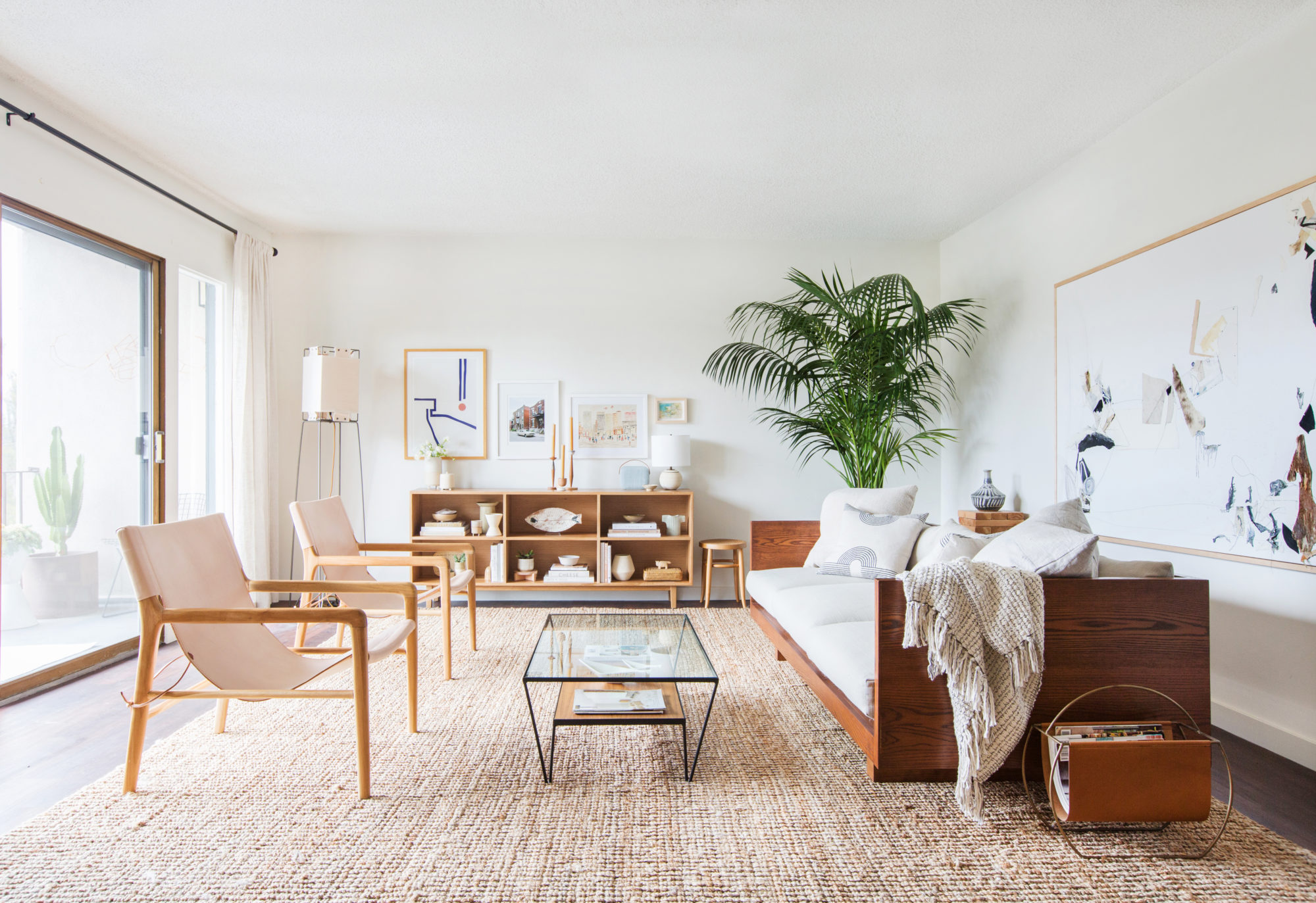 In Feng Shui, the living room is associated with the element of Wood, which represents growth and abundance. By sleeping in this space, you are connecting with this energy and inviting it into your life. This can have a positive impact on your finances, career, and overall sense of well-being. Additionally, sleeping in the living room can help to reduce stress and promote relaxation, as this space is often associated with comfort and leisure.
In Feng Shui, the living room is associated with the element of Wood, which represents growth and abundance. By sleeping in this space, you are connecting with this energy and inviting it into your life. This can have a positive impact on your finances, career, and overall sense of well-being. Additionally, sleeping in the living room can help to reduce stress and promote relaxation, as this space is often associated with comfort and leisure.
Creating a Peaceful Sleeping Environment
 When it comes to Feng Shui, the placement and direction of your bed are crucial for a restful night's sleep. By sleeping in the living room, you can position your bed in a way that aligns with the principles of Feng Shui. For example, placing your bed against a solid wall and avoiding having it directly facing a door can promote a sense of security and stability. This can lead to better sleep and a more rejuvenated mind and body.
When it comes to Feng Shui, the placement and direction of your bed are crucial for a restful night's sleep. By sleeping in the living room, you can position your bed in a way that aligns with the principles of Feng Shui. For example, placing your bed against a solid wall and avoiding having it directly facing a door can promote a sense of security and stability. This can lead to better sleep and a more rejuvenated mind and body.
Considerations for Sleeping in the Living Room
 While sleeping in the living room can have many benefits, it is important to consider a few factors before making the switch. If you have roommates or live in a busy household, you may want to ensure that your sleeping space is still private and quiet. Additionally, if your living room has a lot of electronics or clutter, it may be helpful to declutter and create a more serene environment before making it your sleeping space.
In conclusion, sleeping in the living room can be a simple and effective way to improve your Feng Shui and enhance the energy flow in your home. By being mindful of the placement of your bed and creating a peaceful sleeping environment, you can reap the benefits of this unconventional but powerful Feng Shui practice. So go ahead, embrace the idea of sleeping in the living room and see the positive changes it can bring to your life.
While sleeping in the living room can have many benefits, it is important to consider a few factors before making the switch. If you have roommates or live in a busy household, you may want to ensure that your sleeping space is still private and quiet. Additionally, if your living room has a lot of electronics or clutter, it may be helpful to declutter and create a more serene environment before making it your sleeping space.
In conclusion, sleeping in the living room can be a simple and effective way to improve your Feng Shui and enhance the energy flow in your home. By being mindful of the placement of your bed and creating a peaceful sleeping environment, you can reap the benefits of this unconventional but powerful Feng Shui practice. So go ahead, embrace the idea of sleeping in the living room and see the positive changes it can bring to your life.


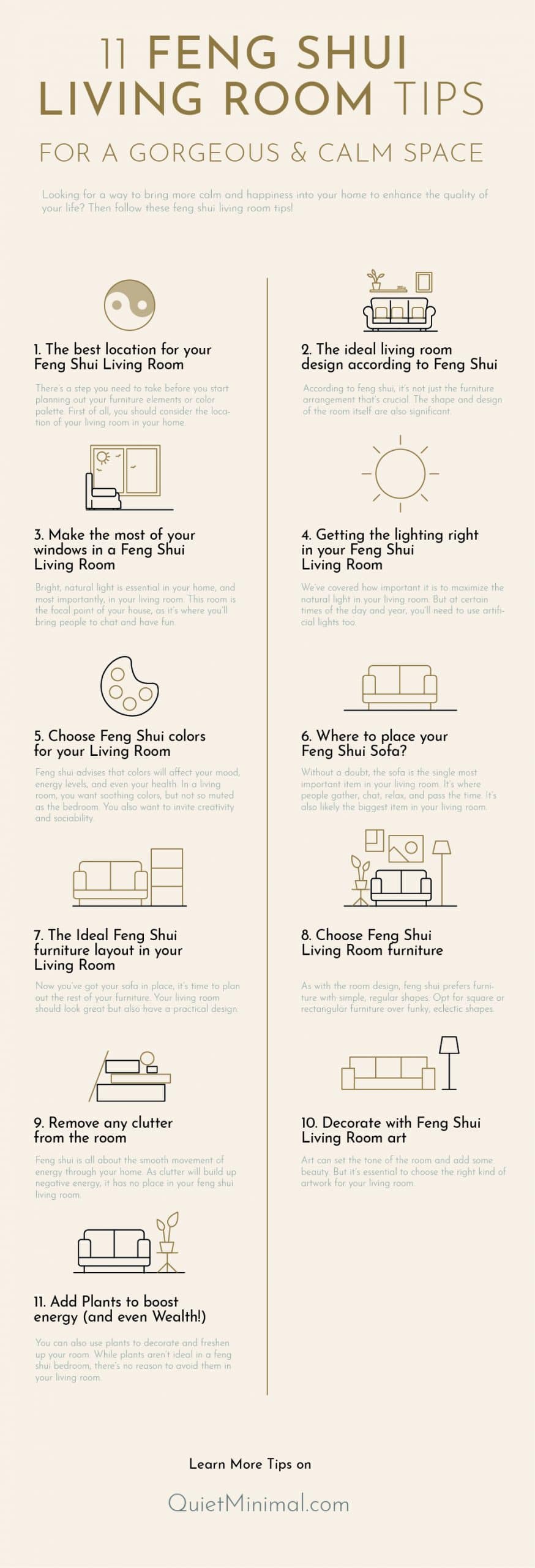

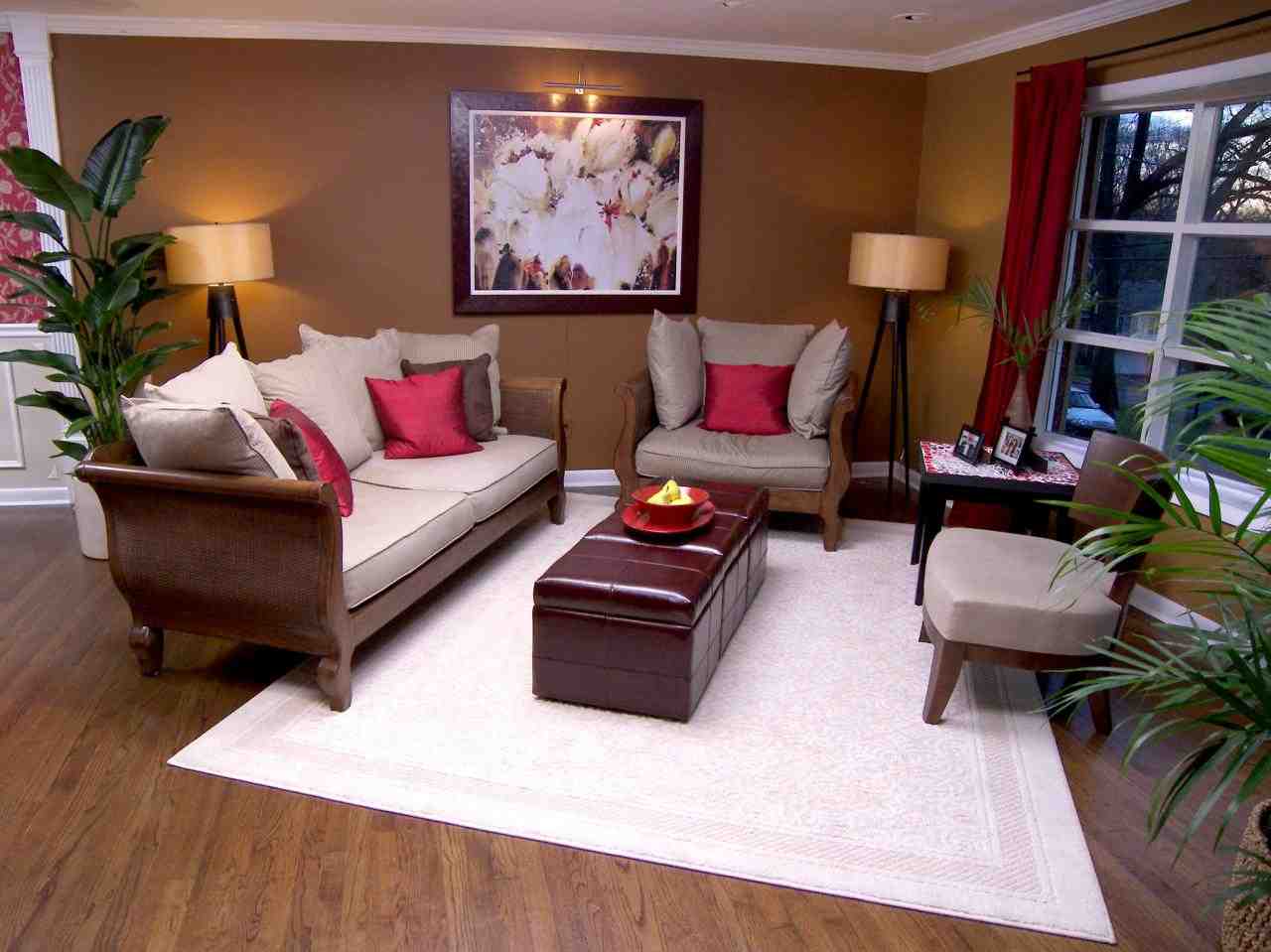
:max_bytes(150000):strip_icc()/GettyImages-642242204-9bc00f4474f040908f0286b3f2764f95.jpg)
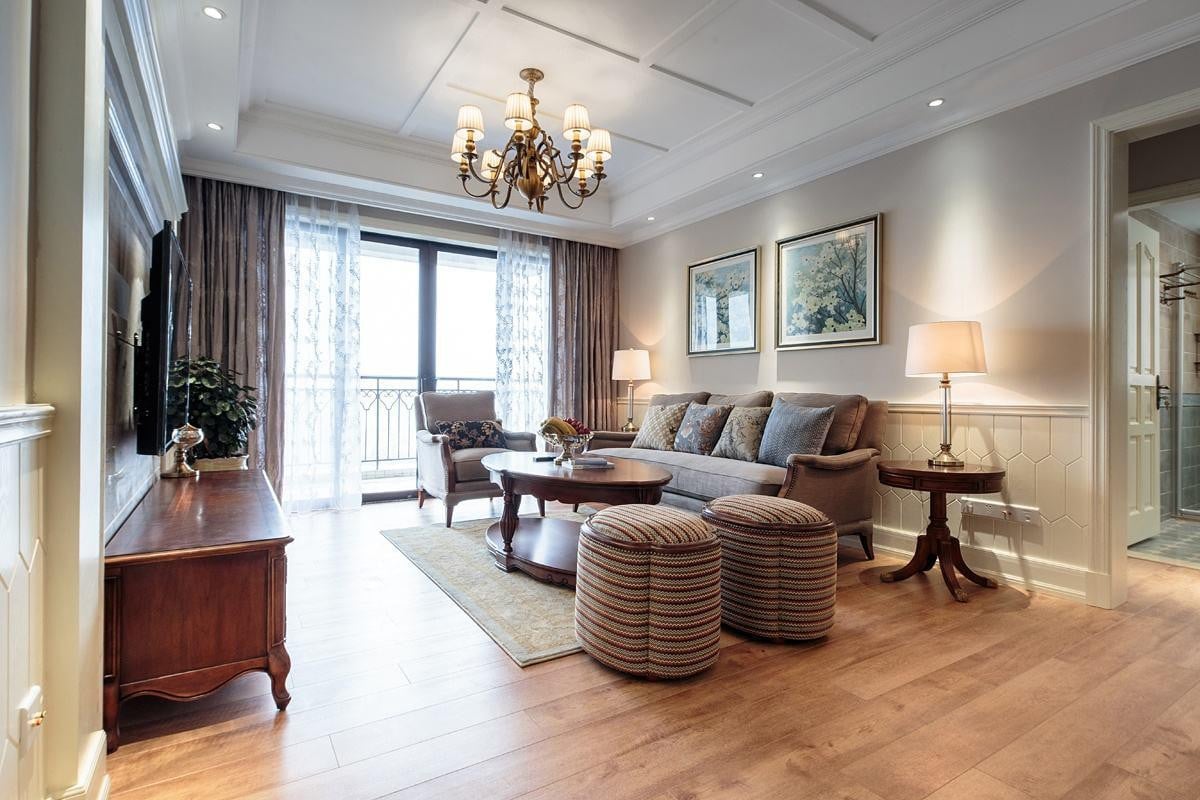





:max_bytes(150000):strip_icc()/tips-for-a-bed-aligned-with-the-door-1274764_V7-a51033100e99493fa59d12f522411548.png)
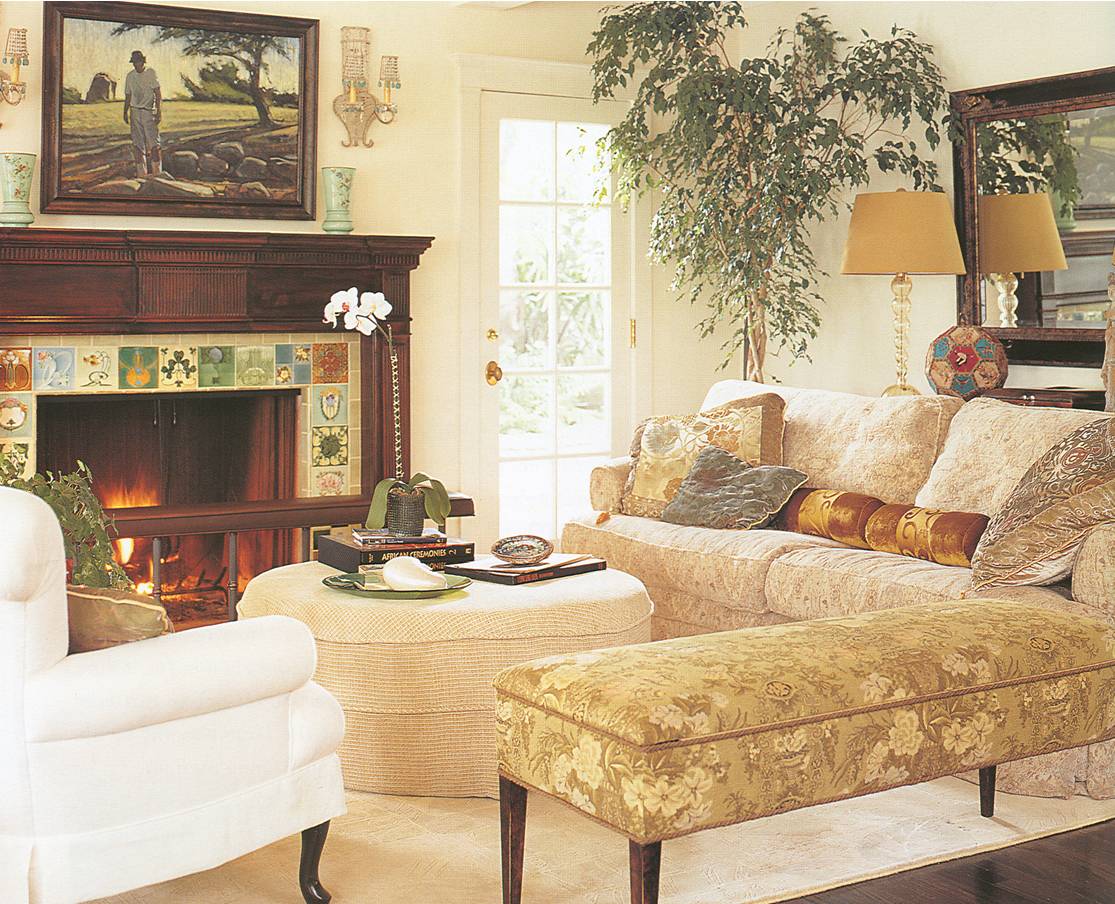
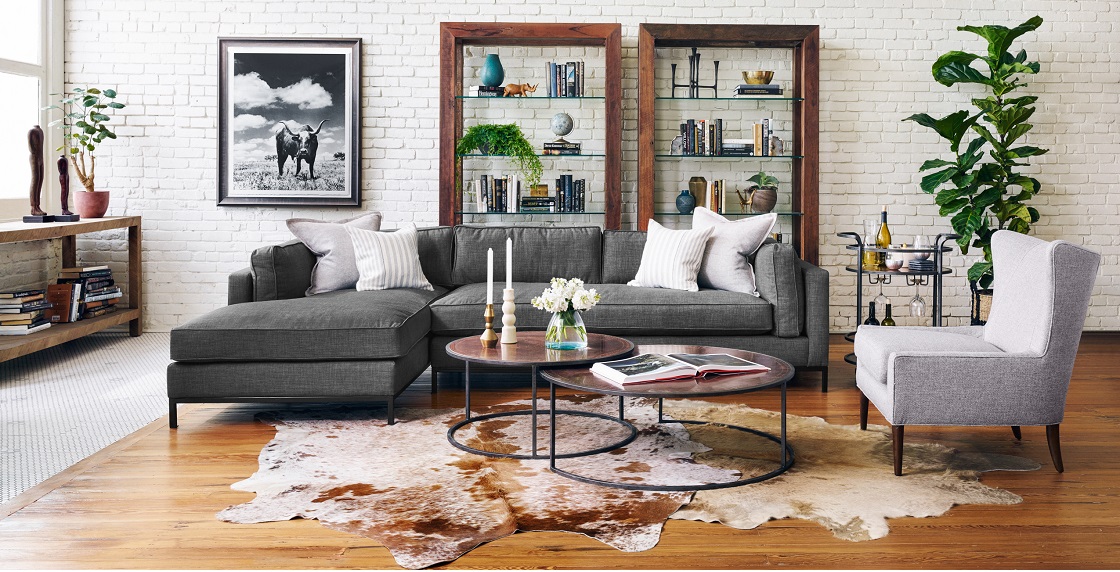
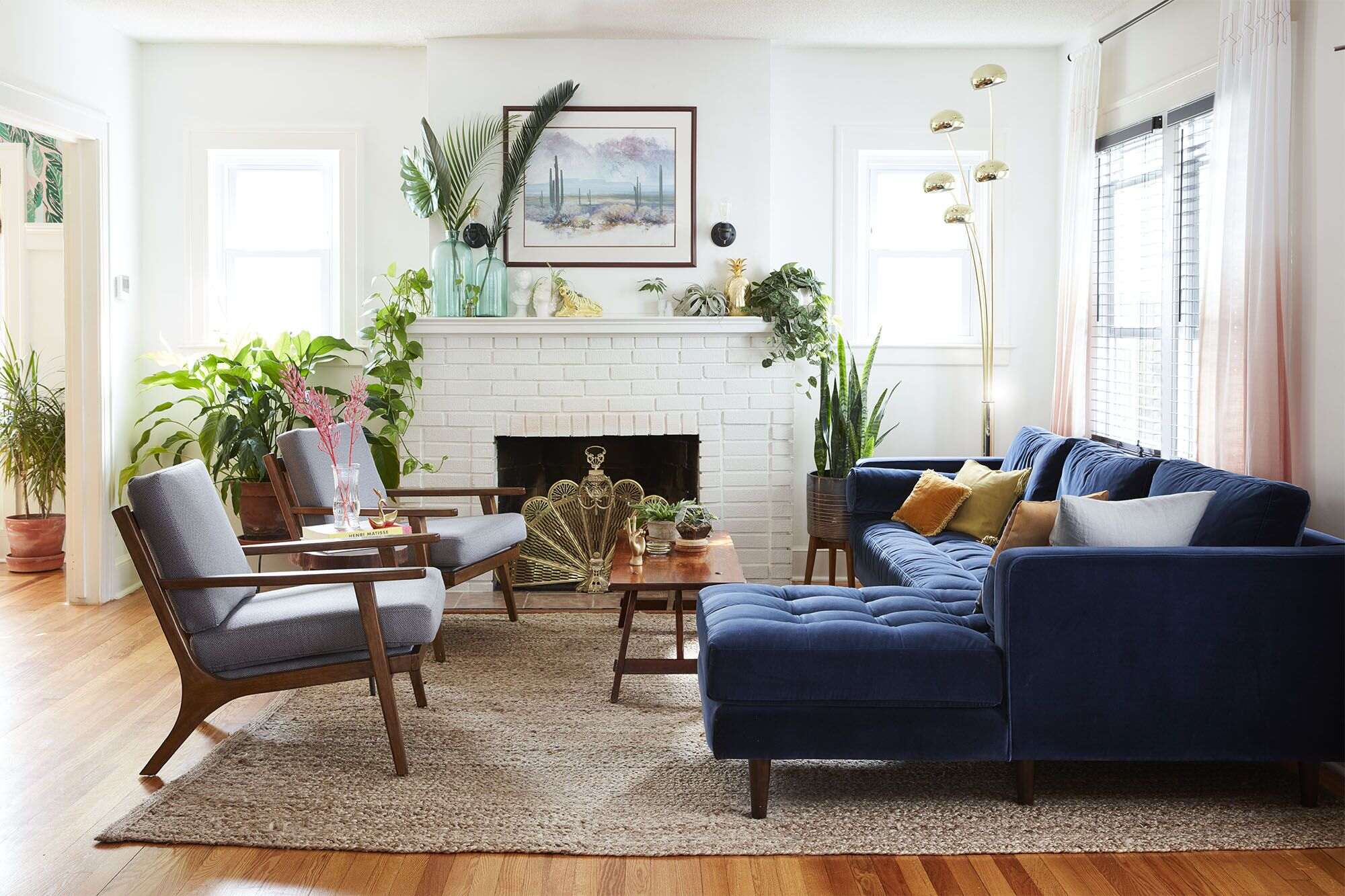

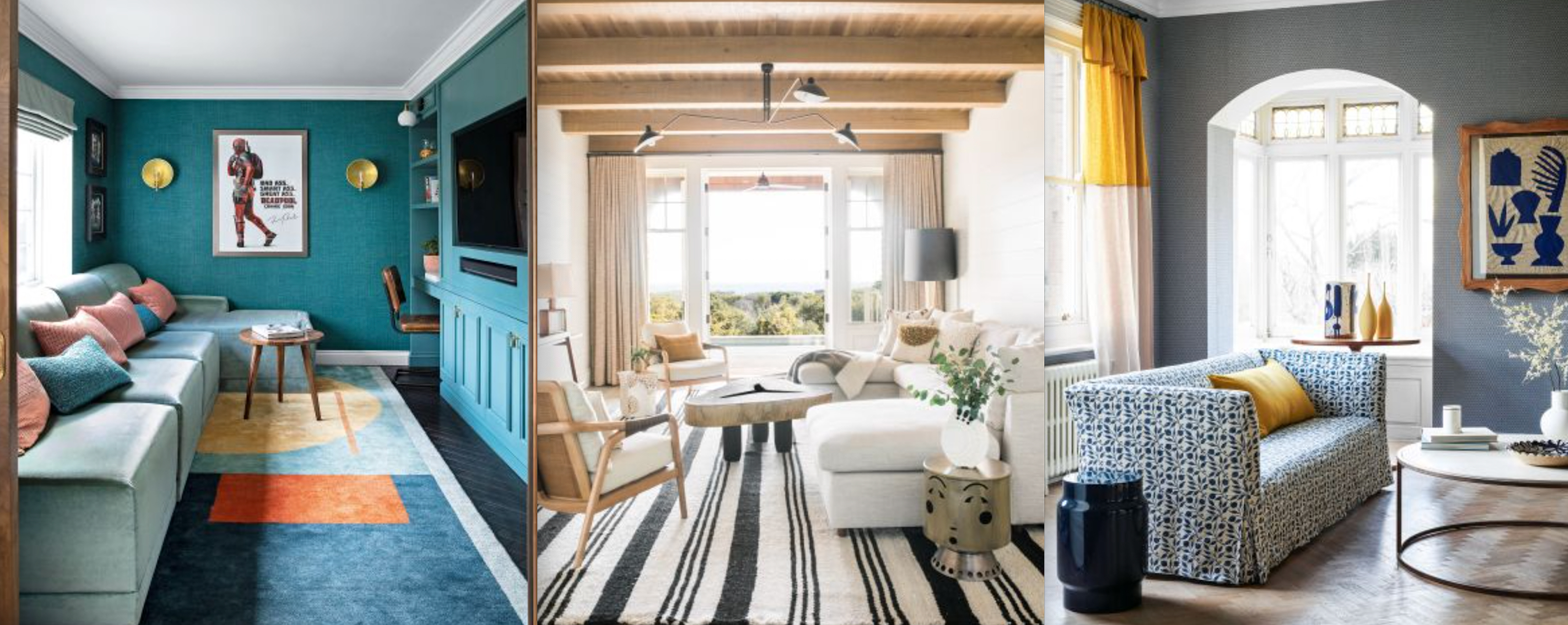

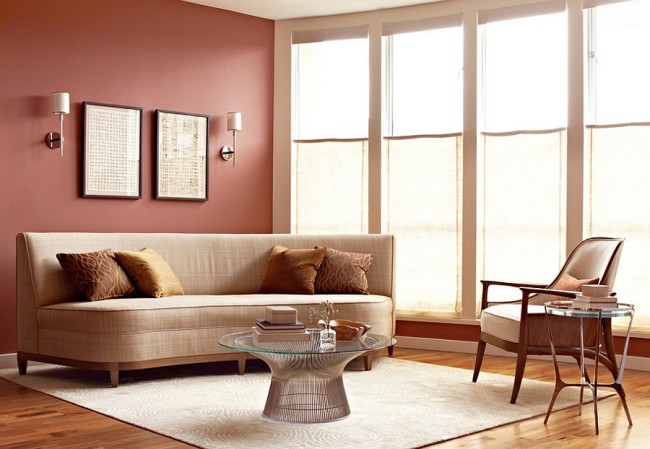


/tips-for-a-bed-aligned-with-the-door-1274764_V7-a51033100e99493fa59d12f522411548.png)
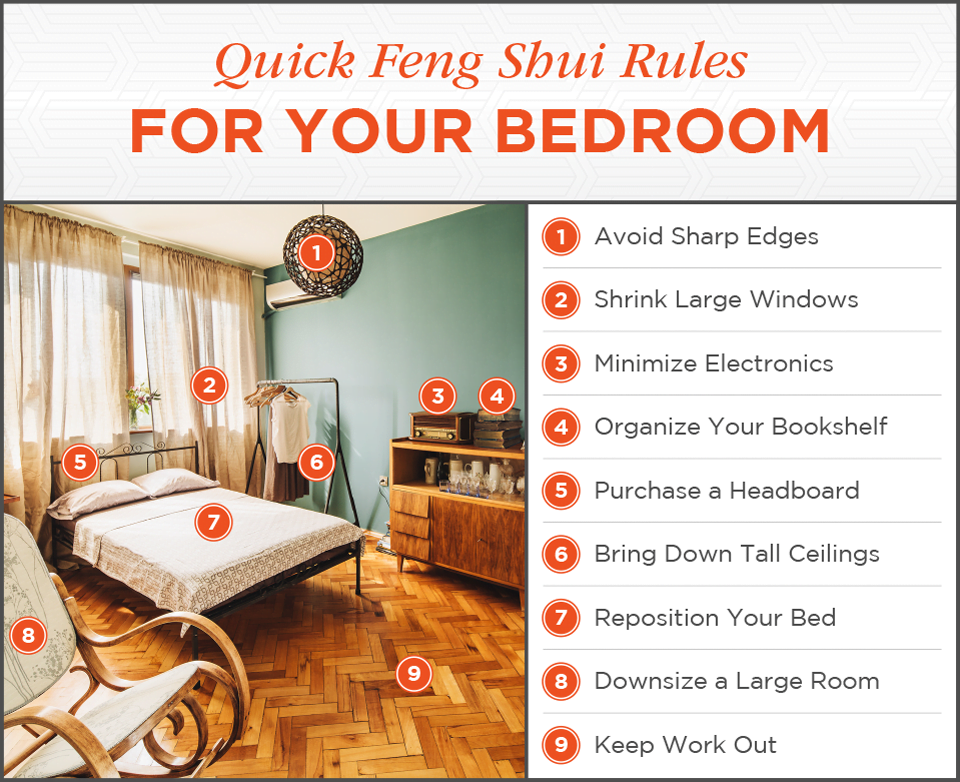

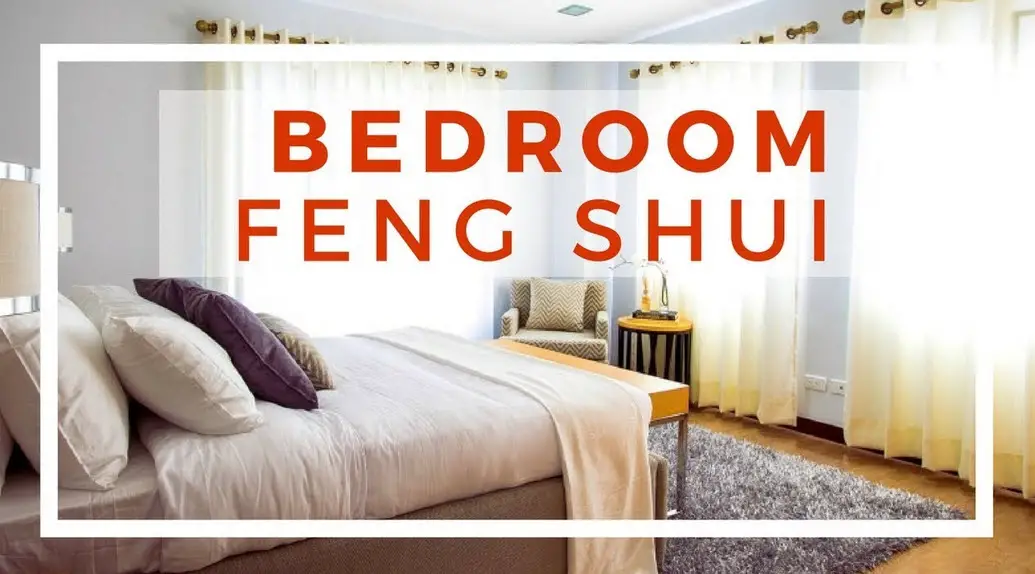


:max_bytes(150000):strip_icc()/tips-for-a-bed-aligned-with-the-door-1274764_V4-ae548e671d994414ae9d9fddc4ab0623.jpg)



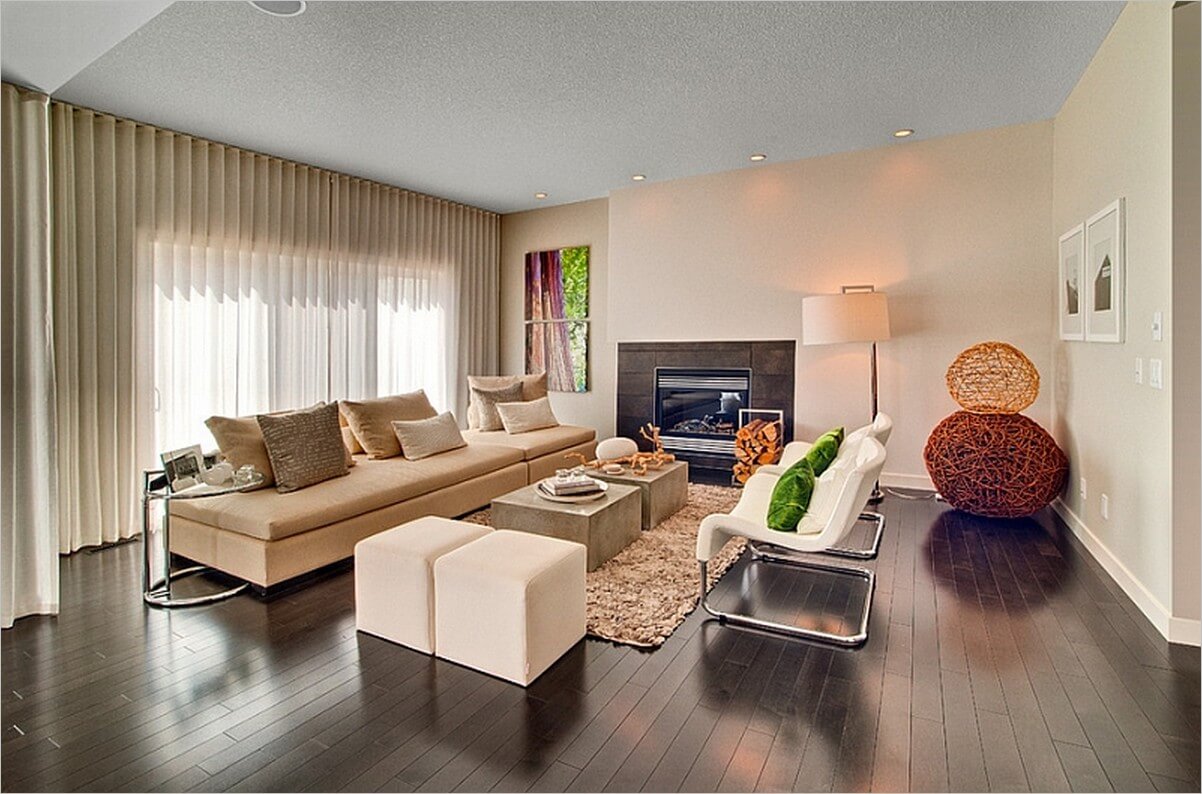
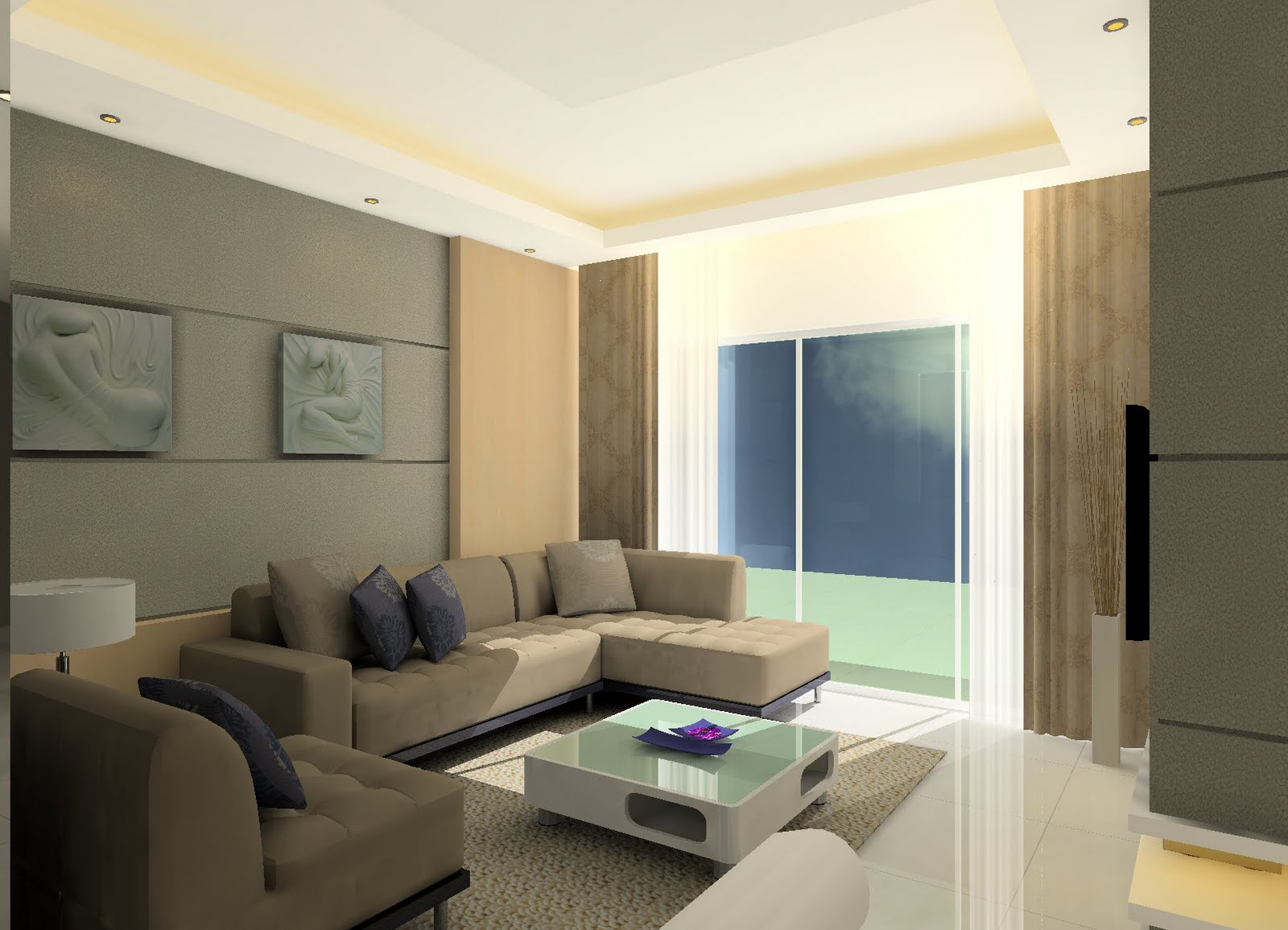




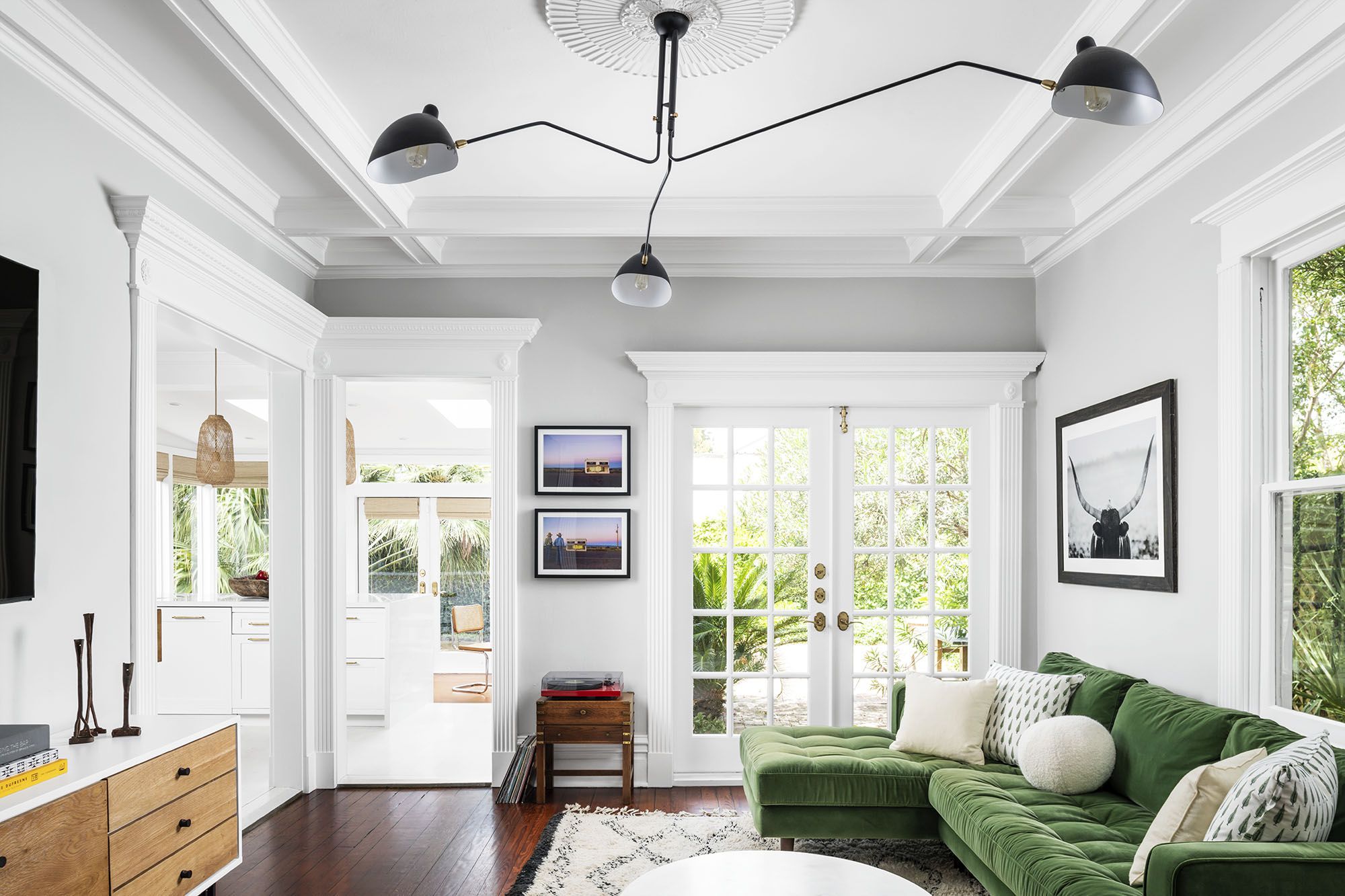


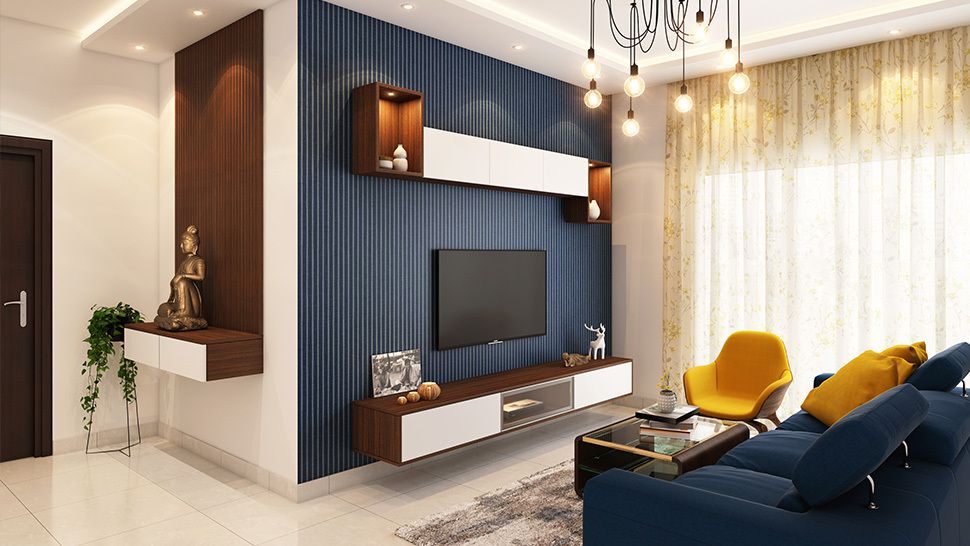
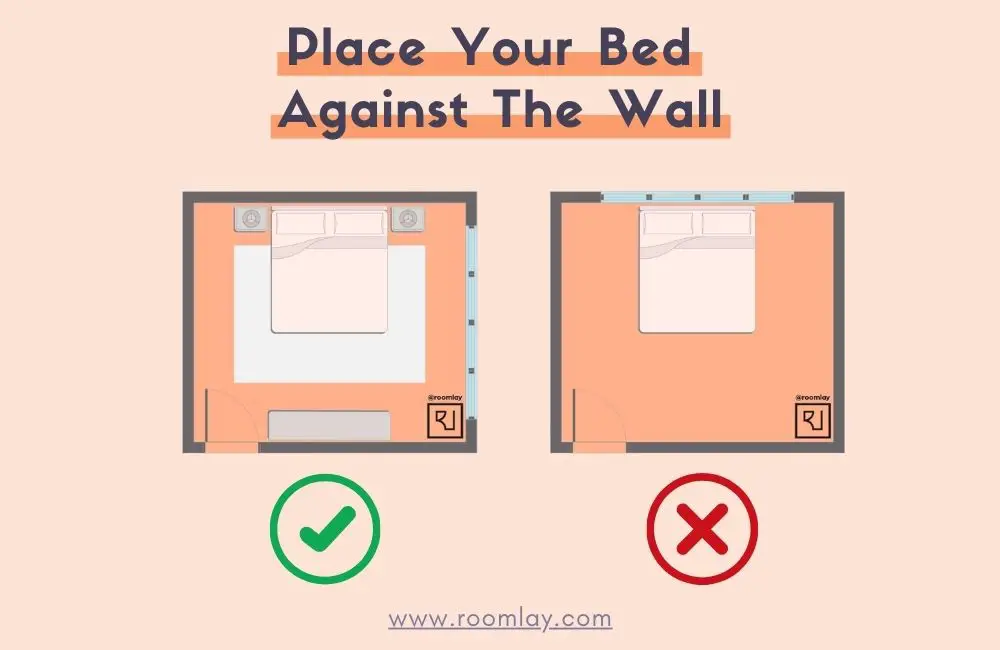



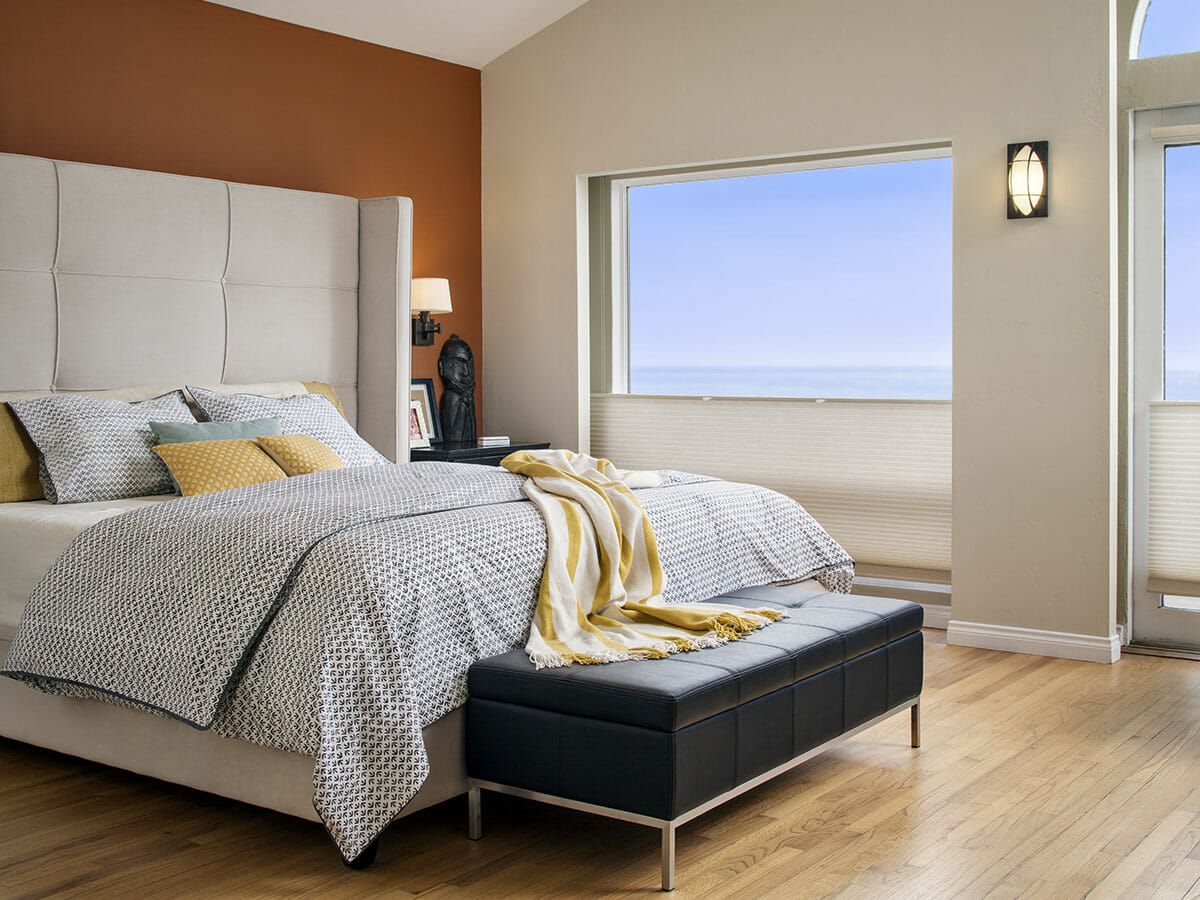


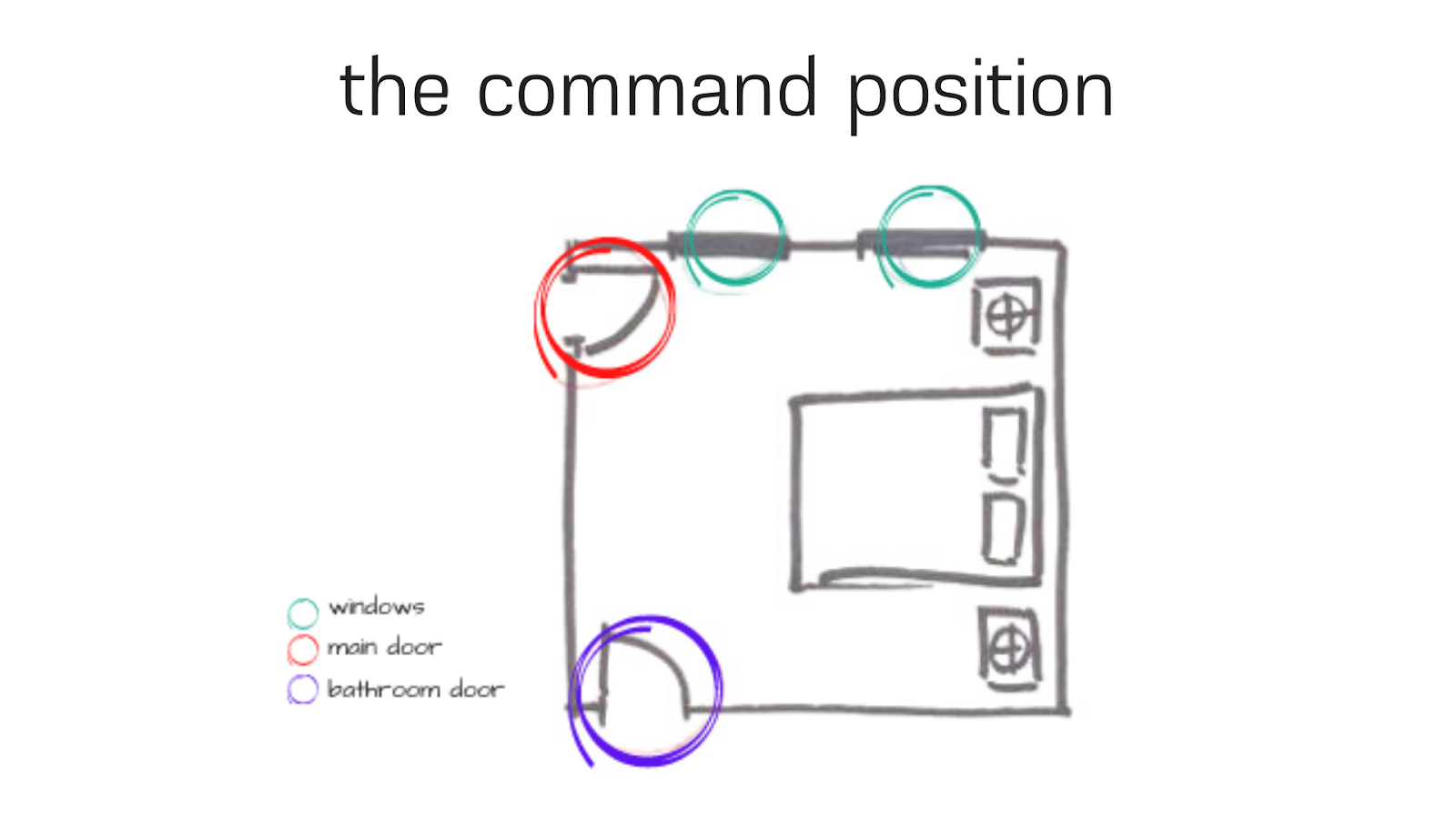

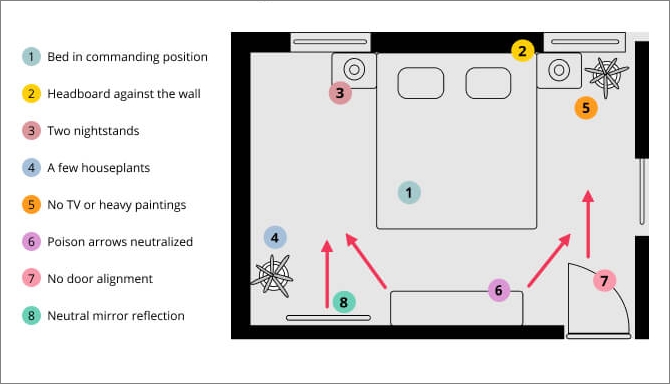
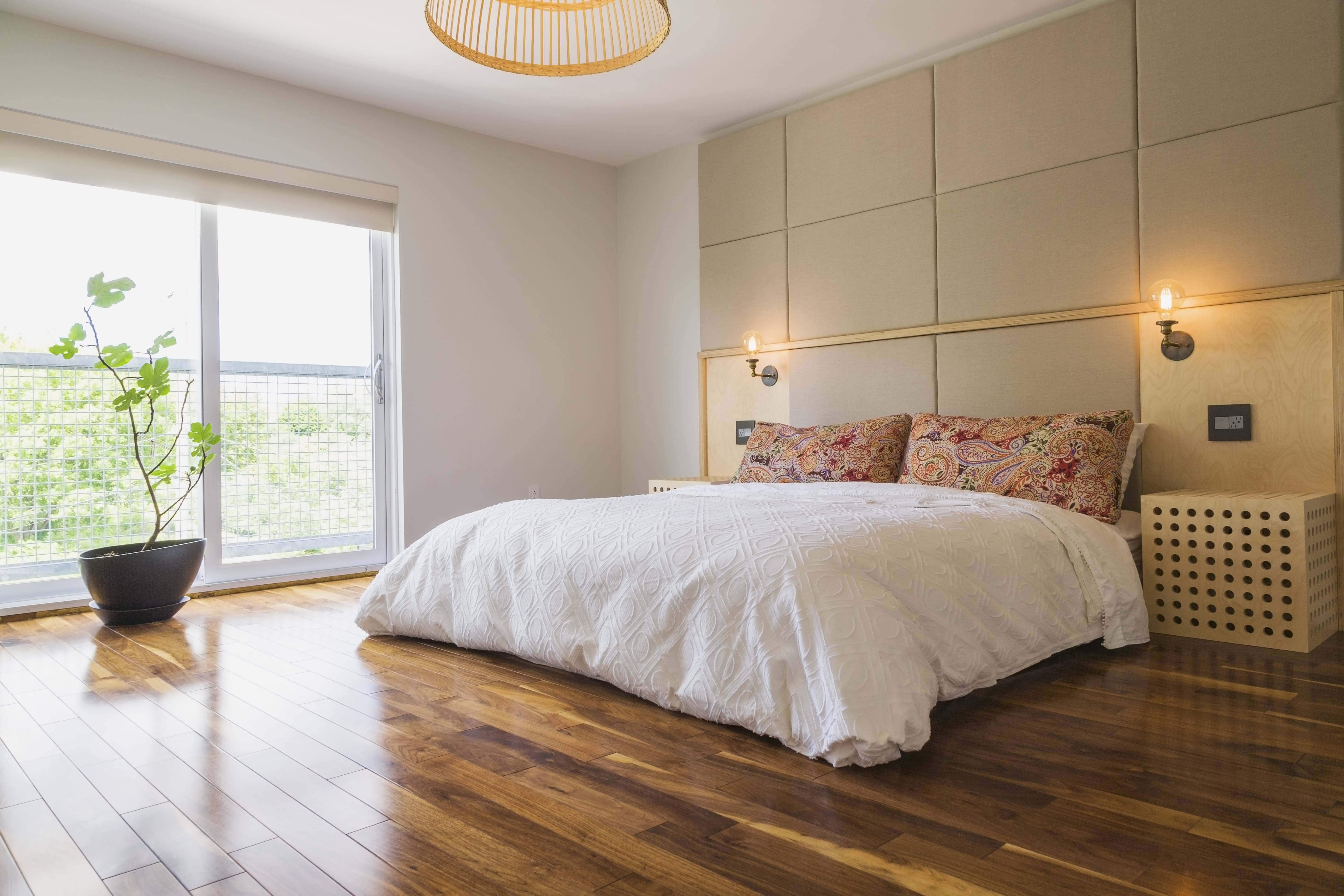

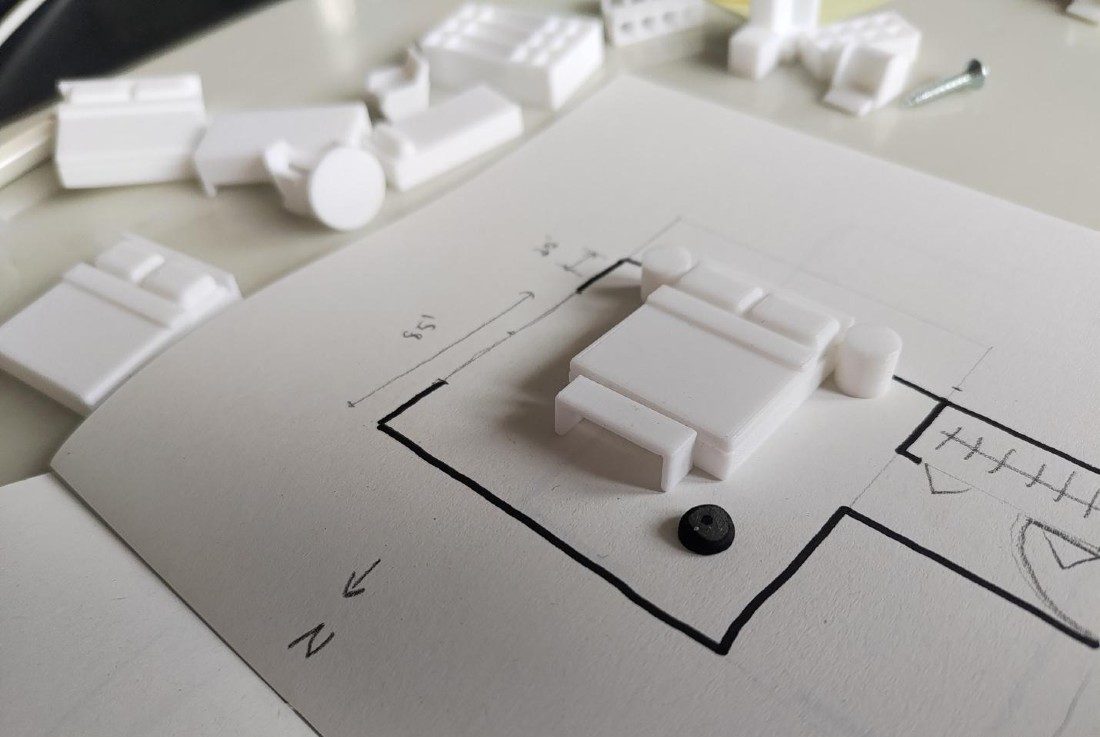


:max_bytes(150000):strip_icc()/cathie.hong-2ec564826d6c4ef8b547c80d0a238df9.png)









